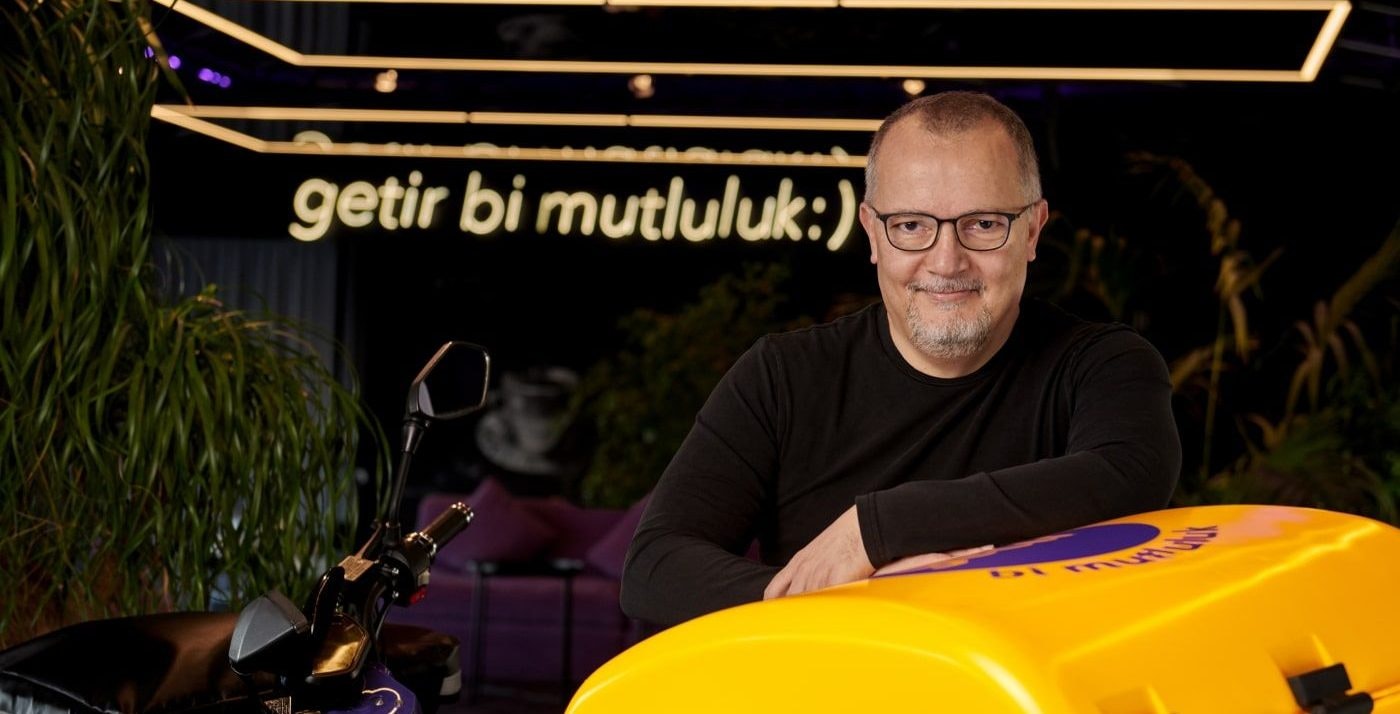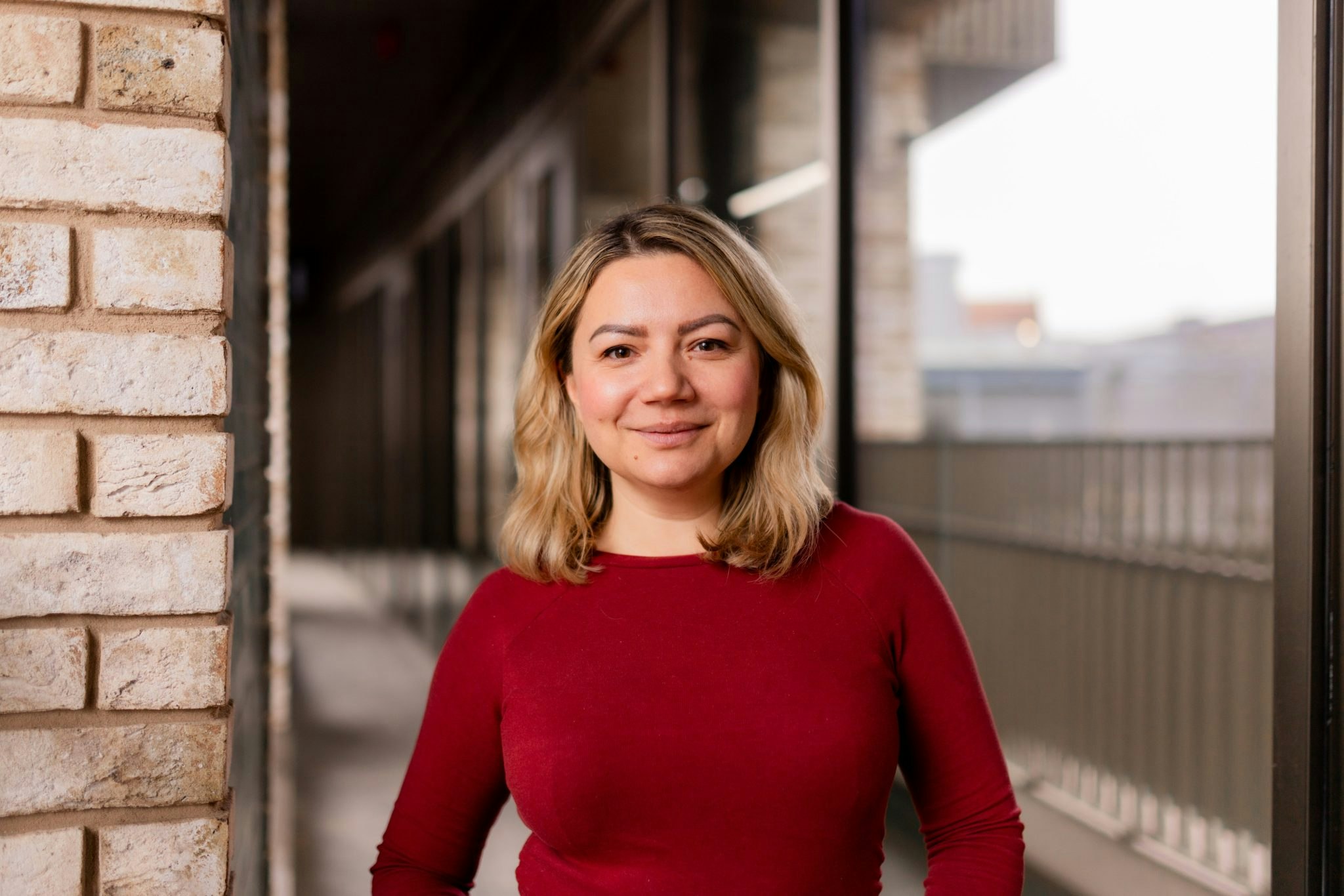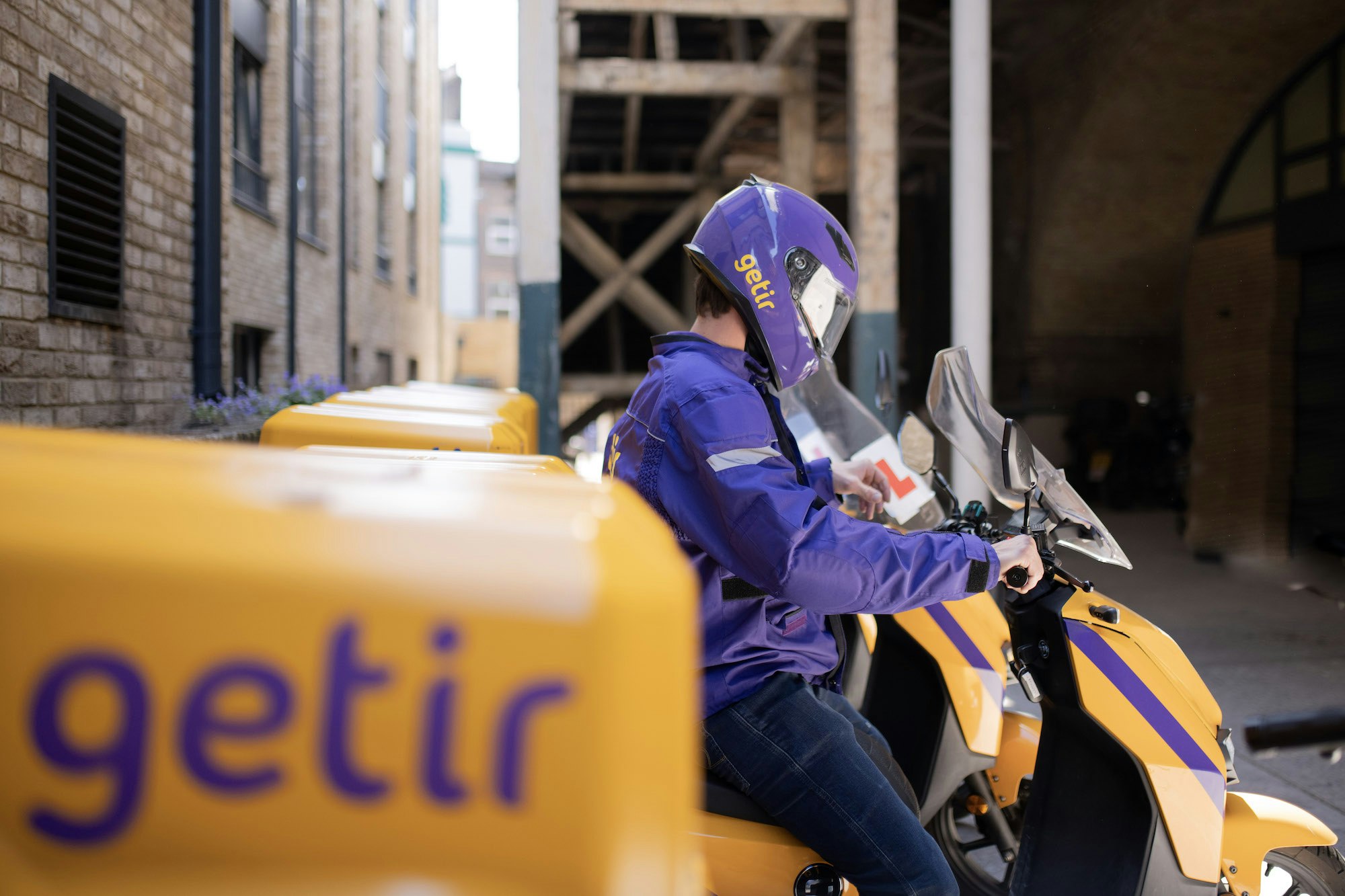When you start a business, there are so many questions to answer: What your product is, who your target market is, how you’ll reach those people and who you’ll hire to help you bring your vision to life.
Perhaps the most burning question on every founder’s mind is: how much money do I need and where will I get it from?
Your first instinct might be to set about trying to raise funds from a VC. Getting someone behind you who believes in your idea and has the market experience — and the cash — to guide you through the early stages of business can seem appealing.
But rushing out to raise venture funds might actually be the worst thing you do when trying to get your business off the ground. Here’s how I learnt that lesson.
Being loud doesn’t mean being successful
I became a founder for the first time in the nineties, at the height of the dotcom bubble. I had an idea for an online fashion and beauty business — at the time, it was exciting, cutting-edge stuff. VCs everywhere were trying to cash in on the hype of the internet, and we raised £7m of funds within a month and a half, very early on in our journey. The problem was the cash came too fast and too soon, and we very quickly burnt through it with no real plan of where to go from there.
I’ve spoken to many other entrepreneurs who have had a similar experience — rushing out to raise too quickly can end up with you giving away your most valuable equity. Sacrificing too much of your company too early in its journey feels like you’re losing control before the engine has even started, but raising too slowly might inadvertently put the brakes on your company’s growth. It’s a tricky balance to strike.
Sacrificing too much of your company too early in its journey feels like you’re losing control before the engine has even started"
When I founded Trinny London, a D2C beauty brand, in 2017, I scrapped everything I’d tried the first time around and took a totally different approach.
This time I started quietly. Using a small amount of money gathered from friends and relatives through a Seed Enterprise Investment Scheme (SEIS), a great way to bring on individuals in your network as investors, I poured everything I had into the back end of the business.
My focus in the early days was on the research and development process of bringing my idea for stackable makeup to life and developing our colour-matching algorithm. It took 11 prototypes to get to the final physical design of our stacks, and months of research with real women to get the algorithm working, but I knew there was no point pushing forward for bigger funding without nailing down such an important part of our product offering. Working long-distance with manufacturing companies takes patience and an understanding that you won’t get it right the first time, and it’s a process I had to learn.
We didn’t want to go for funding and bring more noise into the business until we knew we had a product that worked, that customers wanted and we were sure about how we would drive our revenue growth.
By essentially holding a car boot sale in my home, we raised £60k. The money we raised became the lifeblood needed to keep Trinny London afloat
In the initial R&D phase, apart from my COO who had an essential accountancy/CFO background, I hired just a small team of sparky, ambitious interns who believed in my vision as much as I did. Even when a business is at a very early stage, founders should pay interns and those on work experience placements as you would any other employee — these people work passionately and for long hours to help realise your dream, and deserve recognition for that. They might not have experience, but their hunger makes them quick learners.
At the same time, I was formulating a bulletproof plan for hiring after I raised VC funds, knowing exactly who I was going to hire and having them secured and ready to go the minute we had the funds to expand.
There’s a right time for everything
Everything seemed to be going to plan — until the cash started to dry up.
We were at that point that I’m sure many founders have experienced — a tipping point where I was sure of demand for the product and knew we had the target market to create the sales, but we needed more funds. And I still didn’t think we were ready for VC funding.
At this point, I didn’t have any more cash to put into the business. But when I started looking around at my options, I realised what I did have was clothes.
Throughout my career in TV years before, I had accumulated a large amount of clothes — acquired for the catwalk sections of our makeover shows or bought over time for a lifestyle or job that I no longer had, just sitting in my wardrobe.
But if there’s one thing I learnt from my first experience as a founder, getting things done well is far more important than getting them done quickly
I decided to email Emily’s List, an email group that posts jobs, things for sale, and stuff to do in your local area, and opened my home to over 1,000 people over two weeks. By essentially holding a car boot sale in my home, we raised £60k. The money we raised became the lifeblood needed to keep Trinny London afloat until the time was right to go out fundraising.
Sure, it’s not a conventional way of funding a business, and not every founder will have a wardrobe of clothes from off the runway to sell when they need that extra runway. But if there’s one thing I learnt from my first experience as a founder, getting things done well is far more important than getting them done quickly. Too much, too soon can cause more problems than it’s worth.
Of course, the time will come to level up, when getting hold of external funding makes sense to fuel your business to the next stage. Two years into my research, formulating and designing, and a year before we launched, I approached investors for a seed round of £2.2m. But by this time I was confident that I had a clear direction and a carefully thought through matrix for growth — I knew the business was investable before I stepped into the room.
Then a year after we launched, once we had evidence of strong financial traction, we went out for our Series A and that has absolutely been integral to our growth since then. The time will come, but until then, don’t jump the gun.



